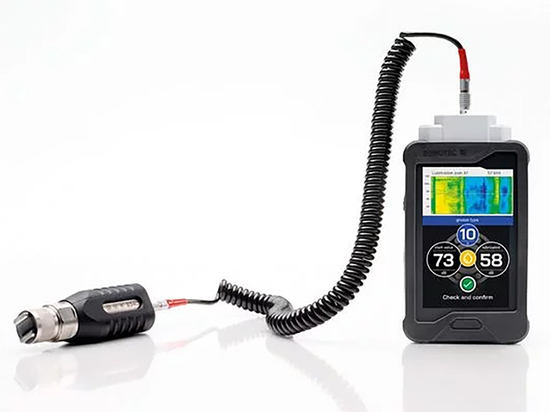
#Industry News
Regional network “AddiQ” aims to establish quality assurance for additive manufacturing (3D printing) in industrial production
Additive manufacturing (3D printing) is one of the production technologies of the future
Speed and flexibility characterize the new possibilities of 3D printing in the production of components.
However, in order to achieve a breakthrough in production, many quality assurance measures still need to be researched and developed. This concerns the entire process chain, from the starting materials and the printing process itself to the finished product. New measuring and testing methods as well as measuring devices and sensors are being developed in “AddiQ”.
At the end of 2022, the Central German initiative “AddiQ” received approval from the Federal Ministry of Education and Research (BMBF) to submit an application as part of the “RUBIN” funding program. Over the past few months, the alliance has worked intensively to develop a comprehensive business concept and clear tasks.
The partners of the “AddiQ” research alliance have reason to be pleased: in recent weeks, all funding applications have been approved, a decisive step for the further development of the project. With this positive news, the consortium can now officially begin implementation. On November 8, 2023, the official go-ahead was given at a kick-off meeting in Halle (Saale) in cooperation with the project management organization Jülich.
Up to 13 million euros will be invested in five joint projects with a total of 20 sub-projects in the coming years. The German government is supporting the consortium with up to 9 million euros. Alliance coordinator Hans-Joachim Münch (SONOTEC, Halle) emphasizes the vision: “Our research work lays the foundation for a future center for quality assurance in additive manufacturing in our region with Europe-wide appeal.”
Dr. Klaus Krüger (GMBU eV, Halle) adds: “The AddiQ network brings together regional partners from basic and applied research, product development and manufacturing as well as users of the technology.” The 15 partners in the consortium come from Saxony-Anhalt, Saxony, Thuringia and Brandenburg and are working together on the development and gradual implementation of innovative processes and products.
The pioneering project is funded by the Federal Ministry of Education and Research (BMBF). The consortium’s successful application was supported by the Halle Technology and Start-up Center (TGZ), the Merseburg Innovation and Technology Center (MITZ), the City of Halle (Saale) and the State Ministries of Economics and Science of Saxony-Anhalt.





